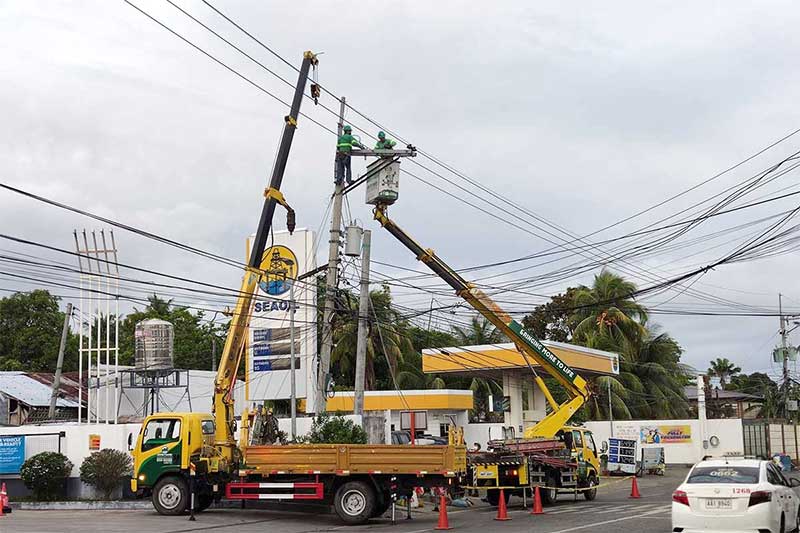
By Rjay Zuriaga Castor
Residents in Iloilo City can expect higher electricity bills in the coming months due to price hikes in the spot market, MORE Electric and Power Corp. (MORE Power) announced on Wednesday, May 15.
Neil Parcon, head of the Corporate Planning & Regulatory Affairs Department at MORE Power, stated that electricity rates for the May 18-June 14 billing cycle will increase by about P1, based on initial computations.
“This increase is driven by higher generation costs in the Wholesale Electricity Spot Market (WESM),” Parcon told Daily Guardian.
Residential rates of MORE Power were at 10.3280 per kilowatt-hour (kWh) in January. In the following months, the rates were 9.9652 kWh for February, 10.0316 kWh for March, and 10.3062 kWh in April.
In the March billing cycle, the generation charge for power purchases from January 26 to February 25 was 4.9049 kWh, which then rose to 5.3716 kWh in April.
“The Energy Regulatory Commission (ERC) also announced that private electricity utilities are raising rates due to the spike in WESM prices, primarily caused by higher temperatures and supply shortages, as indicated by the red and yellow alerts,” he added.
For the third consecutive day on Wednesday, the Visayas grid was placed under a yellow alert, indicating that the operating margin was insufficient to meet the transmission grid’s contingency requirements.
Parcon noted that the rate increase would not be significant as MORE Power contracts a large amount of its supply from stable sources; approximately 75% of their supply comes from bilateral contracts unaffected by the spot market increase.
He also highlighted that MORE Power’s customers currently enjoy the lowest electricity rates among major cities in the country.
Parcon mentioned that they have not applied for the Anti-Bill Shock lending program from the Land Bank of the Philippines (LANDBANK), despite encouragement from the ERC and the Department of Energy.
“Our internal cash flow is sufficient to cover our payments, and the impact on us is not significant since our participation in the spot market is only 25%, unlike other distribution utilities that have a larger stake,” he explained.
In the Anti-Bill Shock short-term loan program, LANDBANK offers financing to electric distribution utilities at concessional rates to help them spread out incremental increases in customer billing over up to nine months, without passing the borrowing cost onto consumers.



















